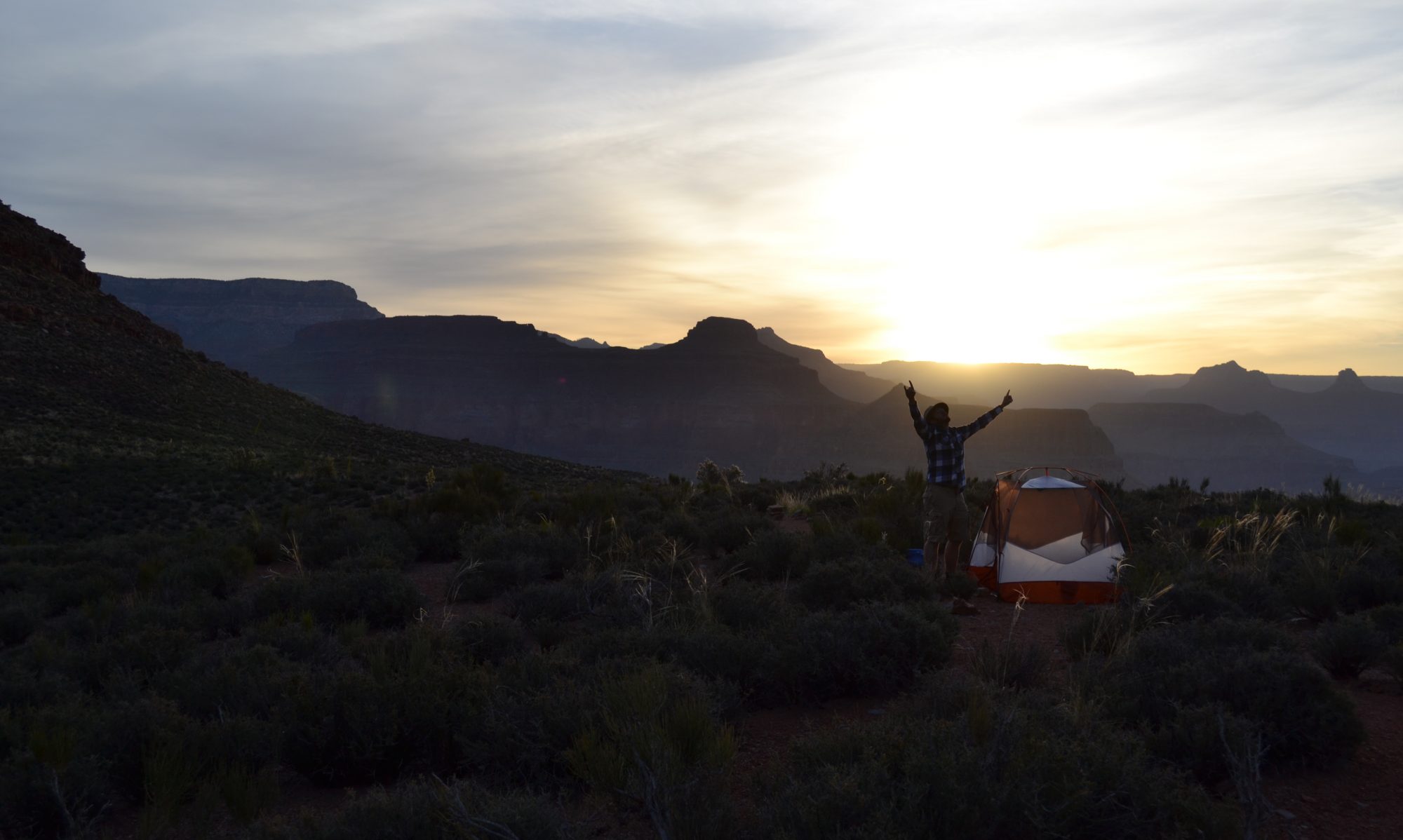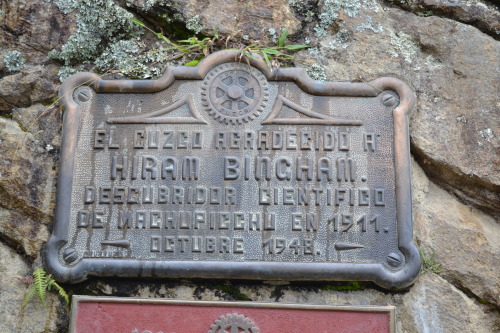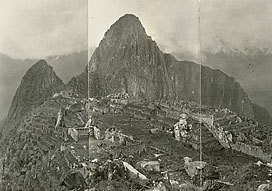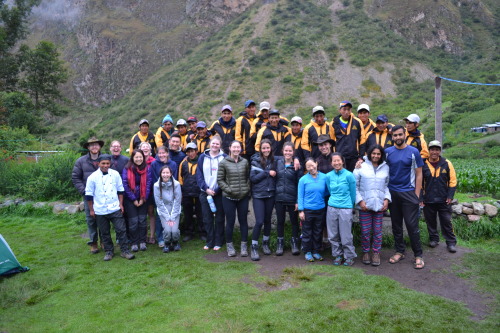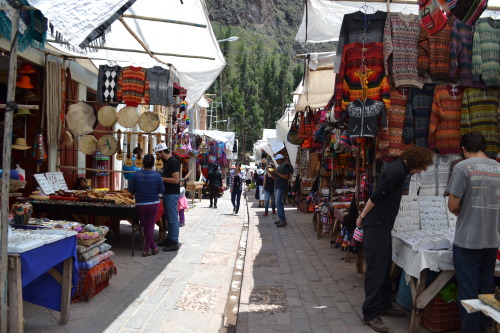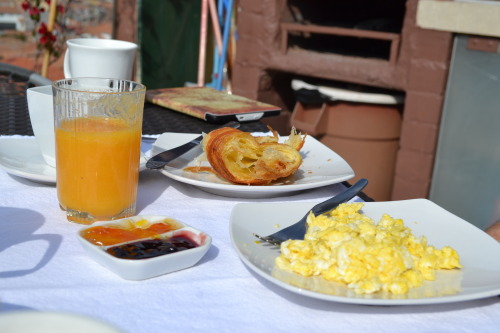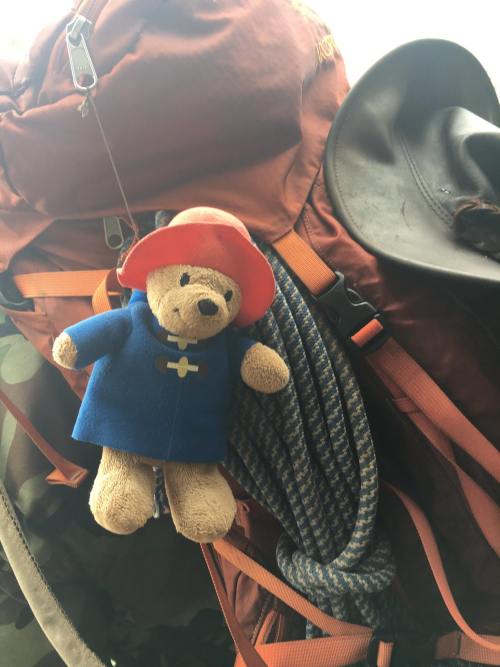This is a new feature where my favorite travel companion gets to have a voice. This voice is mostly forced out of him by my begging and pleading and him acquiescing with succinct, begrudging answers.
Food in Cusco: llama, anything else weird you tried, did the price surprise you, was it boring/delicious/interesting/average?
Price – Food was cheaper, at least it should have been. We we’re magically in the tourist priced areas all the time. Overall, prices were lower though. Definitely had some great food that would’ve been $10 more in the US.
Food – Eating llama was normal, tasted similar to steak or the like. Other foods were different, but good. Not a huge difference than some things ive had in the states. The hiking companies multiple tea times and multi course meals was a surprise (super nice one). All that food was amazing.
Day 2 of hiking: the stairs (go ahead, hate on me)
Fuck stairs. I didn’t get tired, the lack of oxygen wouldn’t let me. Instead I would get light headed and unable to breath. We would stop every 20 steps to just breath, it sucked. Going downhill was so much easier, even though my knees had some close calls.
The atrocity that was the bathrooms
I’d prefer not to remember, but for others sake. Imagine a pure white tile floor in a bathroom. Now imagine it covered in dirt, so it’s all brown and black. Now imagine if you’re unsure what’s dirt and what’s shit. Then add in the smells of 20+ people all suffering from diarrhea or whatnot all shitting in one hole in the ground….knowing there’s shit around the hole as well.
It haunts me.
Hiking with a group (how did you feel about the porters, guides, other people versus when we went to the grand canyon)
We wouldn’t have survived this trip without porters. We would’ve run out of food, waters, or w/e. Moral would’ve sucked too, boy would’ve been a grumpy boy.
Everyone is nice, still can’t believe they do that every week.
The landscape: was it pretty, did it remind you of anything, did you get a chance to see it between panting/resting, did you wish you could move your office here, did the weather suck or was it cool?
I liked to say I wish my office overlooked some of those views, but that would spoil me. I was super surprise Scotland was located in the middle of Peru; seriously, wtf. Vast rolling plains with random rocks scattered around and livestock frolicking.
Plenty of time was spent viewing the views. Didn’t remind me of anything, it was it’s own thing (besides Scotland).
Traveling beyond the USA and Aruba (for the first time, sort of): Being in a third world country and seeing poverty, language barrier
I saw poverty like this in Aruba, but they had more options in Peru. Aruba was a super tourist island, so there’s little chance of self-sufficiency. At least in Peru they could have their own farms and get by.
The language barrier was fun, but annoying at times. If there was a serious issue like needing water or being seriously lost, it got stressful. If you’re just exploring the tourist area, where you have some chance to find English if you need it, then it was fun. Going from full English to no English immediately would’ve been really hard.
Whatever stories you told your parents/sisters
Peru was cool, try it sometime. Get a porter
